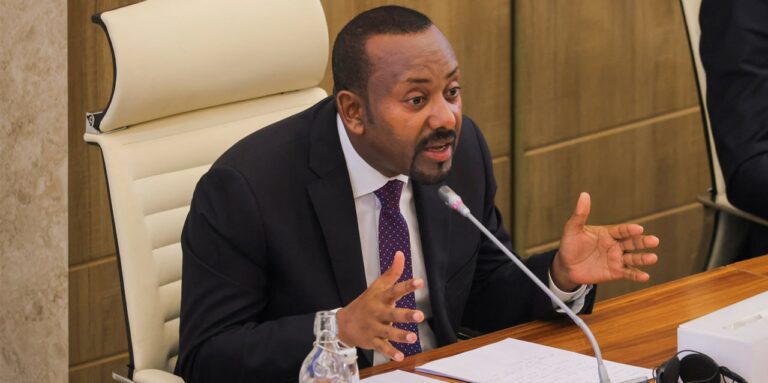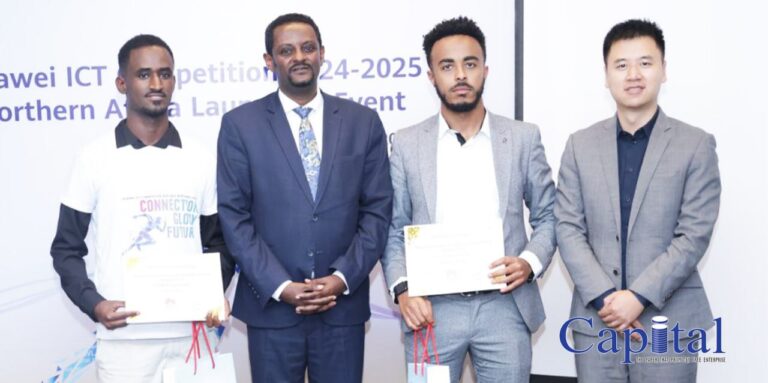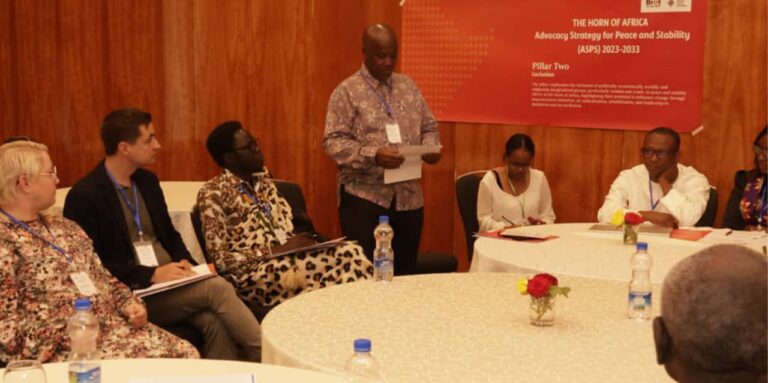Prime Minister Abiy Ahmed addressed the business community’s and experts’ concerns over Franco-Valuta’s openness policy. Ethiopia will triple Egypt’s wheat production, making it Africa’s top producer.
Abiy’s most recent statement, made during his appearance in parliament this week, calls for the repeal of the Franco-Valuta openness policy, which had been in effect for three months.
A few weeks ago, Capital revealed that illegal actors now have a means to channel foreign currency via their unlawful scheme thanks to the Franco-Valuta openness policy, which was put into place in tandem with macroeconomic reform and the liberalization of the FX market.
Experts said that it would be challenging for the authorities to taint the black market.
The illicit foreign exchange market is created by people operating at key crossings, according to industry experts, including importers and bank executives contacted by Capital very recently.
The government has liberalized the exchange rate in relation to the reform, which takes effect on July 29. This allows the market to establish the exchange rate based on the market or the interests of traders (individuals and banks).
The government reported that since the reform went into force, the gap between the legal and parallel currency markets has shrunk to three percent, according to a statement by Mamo Esmelealem Mihretu, Governor of the National Bank of Ethiopia. In addition, the inward remit has increased vertically, which has enhanced banks’ liquidity.
Experts in the field, however, assert that the forex market is being impacted by some of the government’s actions made in relation to the reform.
Specifically, they emphasized that the government’s Franco-Valuta strategy is indeed acceptable.
“The idea behind the government’s decision to launch the Franco-Valuta plan makes sense because the free flow of products and services is essential to a market economy, but the choice was made relatively early,” they said.
Before the reform, relatively few necessities were subject to the Franco-Valuta, while other items were meant to be imported after the official banking process.
Through the Franco-Valuta scheme, foreign exchange is accessed outside of the banking system.
The freedom to transport goods and services is what motivates the Franco-Valuta.
Zemen Bank President Dereje Zebene claims that it is not necessary to adhere to the same bureaucracy as the banking system.
As the government opened up the exchange rate, importers told Capital that the goal of implementing an effective Franco-Valuta was to permit the free flow of goods and services.
“This is good, but the concept is misinterpreted in the market, and some traders are abusing the opportunity to evade even some legal responsibilities,” the importers said.
According to experts, people prefer simple ways to obtain foreign exchange. “And as long as the country allows the payment instrument that the importer uses to buy the goods, anyone can import small to large goods or services without any preconditions,” the experts stated about the Franco-Valuta scheme.
“Controlling it is challenging; therefore, in the absence of a system to verify the resource’s source, it will serve as a haven for illegal activity and promote a parallel market,” they clarified.
“You are supposed to ease the requirements at banks since you opened up the Franco-Valuta, which may access foreign currency from informal sources,” Dereje told Capital.
“The liberalized exchange rate will draw individuals seeking true value for their money, but if they have other options, they will pursue them, which will not be consistent with our current circumstances,” a banker stated.
“Improving the legal system’s liquidity is also essential to reducing illegal acts,” he added.
According to him, most merchants would choose to employ the most straightforward scheme, regardless of how the revenue administration decides to handle the tax inquiry.
“It will be used if banks have a plentiful supply of foreign currency, which would lower the exchange rate and benefit importers. However, even though the official system is improving, since you launched the Franco-Valuta when there are some problems, the forex flow will be impacted,” he continued.
“Ample resources should be available in the banking system if authorities prefer to continue on the current decision,” stated the head of Zemen Bank three weeks ago. The government should, in my opinion, keep allowing the Franco-Valuta for a few essential goods rather than allowing it for everything.
Abiy said on Thursday, October 31, that although the opening of Franco Valuta was not a component of macroeconomic reform, it was implemented with the intention of promoting the recovery of the nation’s outflow of resources.
He told lawmakers, “The other target was to give banks time to adjust to the economic opening up and fill the market with ample commodities, even though it has negative impact.”
“A new change will be applicable very soon on the Franco Valuta system, as the result that we evaluated indicated that it would not need to apply the policy further,” Abiy continued.
The PM stated that the nation would produce 30 million tons of wheat this fiscal year, a huge triumph for his government.
According to him, 8.2 million hectares would be used for farming, which is defined as producing fewer than 40 quintals per hectare.
Egypt is now Africa’s largest producer of wheat, with an annual production of over 9.5 million tons, followed by Ethiopia, which is estimated to produce over seven million metric tons.
The PM claims that the nation would surpass the continent’s leading wheat producer in terms of production by three times within the budget year.
According to him, the shipping of 450,000 tons of coffee, Ethiopia’s main source of foreign exchange, is anticipated to bring in USD 2 billion throughout the budget year.








